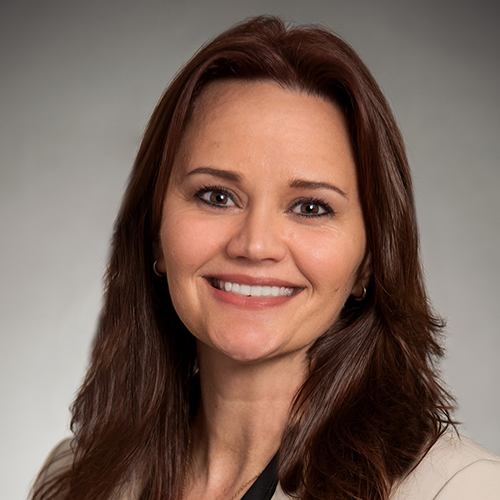
What is the first thing that comes to mind when you hear the term midlife crisis? Do you picture a man in his 50s with a young 20-something on his arm, the dream car purchase or a soul-searching girls’ trip around the country?
We tend to ridicule or dismiss the idea of the midlife crisis. However, at the core of these silly and clichéd examples is an earnest similarity – they all feature a person searching for something, be it youth, purpose or sense of accomplishment. So, the question is, are midlife crises just a myth or is there truth behind the concept?
If we remove the stigma Western society has generated and break it down to developmental stages, we are left with science. People often go through midlife crises between 40 and 60 years of age but for many, it can happen well before 40 or after 60. One theory on psychosocial development, created by Eric Erickson, defines stages of human development as they move through conflict resolution. Middle age is the stage between 30 and 64 years old, when individuals’ definition of conflict is surrounded by their contributions to society and family togetherness.
During middle age, we tend to measure success in what we contribute to the world, developing our sense of purpose, be it through raising children, obtaining leadership roles, mentoring or societal contributions. When this sense of purpose is lost – say for example, children move out of the home or one feels unsatisfied at work – the individual is left to re-define their purpose. Cue crisis.
It’s common to plug our identity and purpose into our careers, childrearing, a special talent or even a spouse, but when those things fail to excite us, need us or fall short of expectations, we can be left with identity crises and self-doubt. This search for identity and purpose is good, normal and can be a beautiful thing. What we do with this time of redefinition and redirection is key.
Midlife can be a time of re-discovery of self, an opportunity to plug into passions you once set aside because of competing priorities and a time to fine tune the way you want to contribute to the world. Be kind to yourself, take time to sit in that feeling and determine what is reality versus emotion. Talking to a professional or even a trusted friend can help you work through it, and you are likely to feel less alone.
Now is the time to do the things you “set aside for another day.” This could mean jumping back into an old hobby, going for that promotion or even carving out time for yourself to unplug and unwind. Embrace this transition in life.
Crisis happens all throughout our lives. When it happens midlife, it does not have to define us. Managing crisis can look like it does in any other phase of life. Change the state of mind from crisis to midlife growth and evolution. Turn this developmental milestone into something you are proud of. Maybe you’ll start gardening, adopt a pet (I recommend a cat) or even go back to school. Whatever it is, enjoy this time in your life. After all, you only get one midlife to live!
Become a healthcare leader who is equipped to guide individuals through all stages of life with a healthcare program at American College of Education.

